#yes I'm aware it is a time capsule of the 2000s
Text
My Gender bounces between
💫🌸🍨Girly 2000s🍨🌸💫 cartoons I've only watched 3 episodes of.
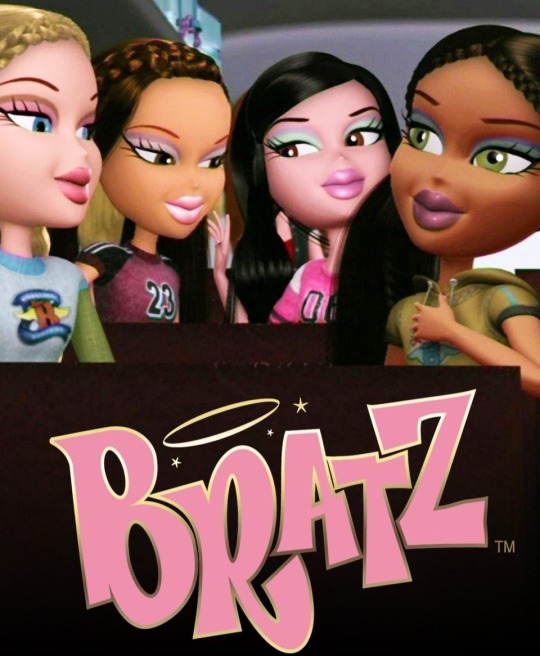

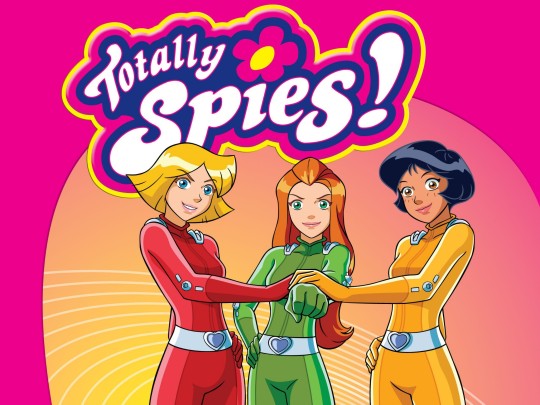
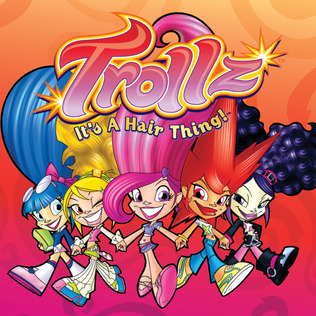
And
😈🍕🗡Radical 2010s🗡🍕😈 cartoons I watched religiously.

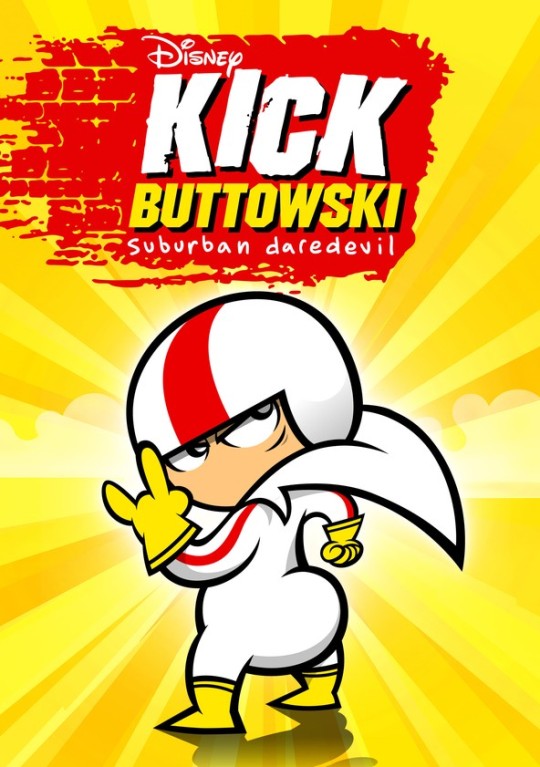
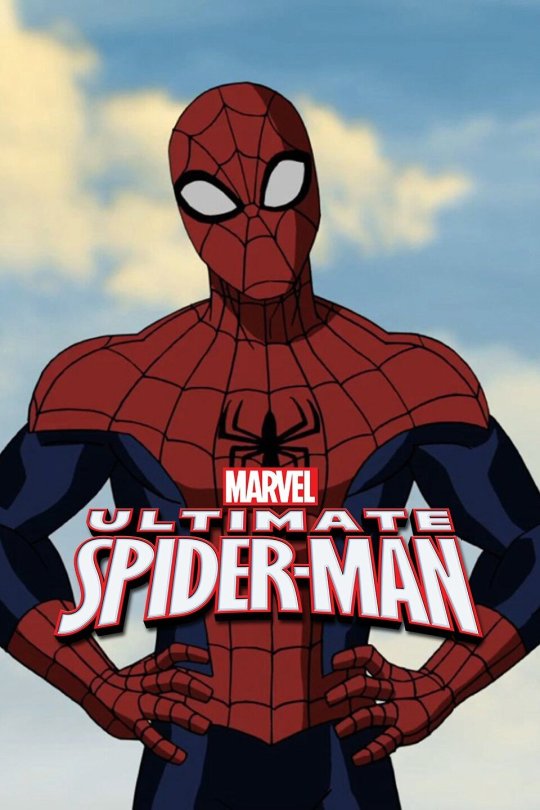
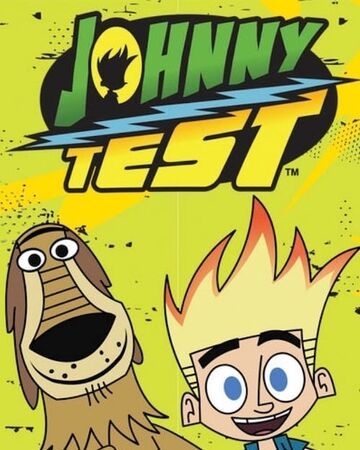
#ami talks#yes I'm aware Johnny Test came out in 2005#yes I'm aware it is a time capsule of the 2000s#but that show had a CHOKEHOLD on me#cartoons#2000s cartoons#2010s cartoons#disney xd#cartoon network#nickelodeon#bratz#totally spies#winx club#trollz 2005#johnny test#ultimate spider man#randy cunningham 9th grade ninja#rc9gn#kick buttowski
610 notes
·
View notes
Note
Hey Shal, I have a question about your family diner meta. Mad respect, but in the Leviathan arc Biggerson's is made out to be a bad thing. I was wondering if you have any thoughts on that, since in the Cas tablet meta where Naomi attacks Cas, you talk about Biggerson's being bigger sons -> better than their fathers because of their bigger hearts is a good thing? Anyway, I'm hoping this comes across as a friendly question!
I tend to shy away from writing about some stuff from that season, because a lot of it seems very era-attenuated. Example: how an average librarian is referred to as "Chubby" and her beau as "Chub-chaser" in Repo Man. In general some of the mean despair over "fat people" in this season comes off Hollywood-seedy and thoughtless, but it's soooo of the times.
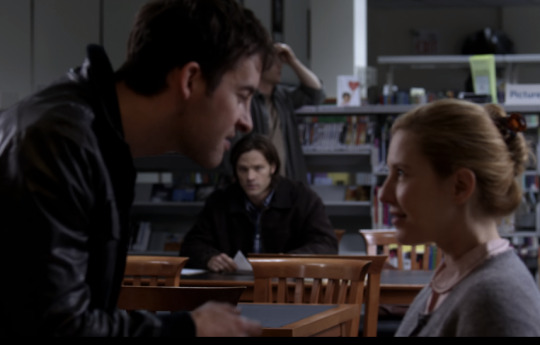
For a little while era, the documentary SuperSize Me reigned supreme in every bit of small-talk and in every classroom. Jessica Simpson was a frequent target of weight-shaming, including this hugely publicized fiasco from 2009, when she looked like a walking dream BTW.
In this way, SPN is like a time capsule. (Like how, if you were alive at the time during post-"war on terror," Torture was the big topic in every current events class, verging on a buzz word.)
///
Yes, Biggerson's is a BIG motif in season 7, and with negative connotations. It's a nod to SuperSize Me. It's especially damning for the punching-down attitudes in Hollywood.
I want to point out that although the name is cheeky, Biggerson's wasn't even inherently bad in-world.
The Leviathan were a rotten supplier to this family chain industry, dosing their food with additives, which mirrors a lot of the real-world chatter that was going on about trans-fats, partially hydrogenated oil, etc. People were working really hard to get them banned!
When you get down to it, the people inside Biggerson's were being actively preyed upon.
///
What I think I want to carefully pivot to is the dark side of humanity and family, that of consumerism and exploitation.
I think overall that the family diner is still a positive motif, but as with every motif, there's a shadow side--the uncharitable side, a side that can be carried to extremes.
The "shadow self" of the family diner motif is excess and greed exploiting the family by ravaging its most basic requirement to survive: shelter and nourishment.
They are making humans into livestock. This was also a rampant idea in the 2000s: about selectively breeding farm animals so that they get dumber and dumber, until they're easy to subjugate for meat, assembly-line style. I think they briefly touch on this again in season 12...with the Moloch monster and family business of meat packaging.
Anyway, SPN was trying to loop this idea in, too.
///
So, yes. BIG erson's. Bigger Sons. Etc. Etc.
You want your kids to be better than you, with "bigger hearts" and more kindness. But bigger and stronger can have a heck of a downside, too.
But at its heart, the family diner also represents communion and community. It is, after all, the weak, vulnerable human family that Cas wants to protect in season 8.
It's both things at once.
(ASIDE//
And Cas becomes the ideal/idea/motif of the always-working dad/husband that wants to provide for you but doesn't indulge in happiness or nourishment for himself.)
///
ASIDE 2//
Flagrant consumerism is a big part of Nephilim concept, too, and that's a very ancient story. Theirs was an extensive appetite that so drained the world they had to be eradicated to save the world. In a very real symbolic sense, We are the Nephilim. (On the nose maybe, but we are empire: too tall, too strong, too wasteful, war-mongering, dominating etc. etc.)
And my point is, I think humans have always been aware of the tension and war that comes with the competition for finite resources. It's not just a modern, "American" concept.
In early days, our conceptualization of gods and demi-gods mimics the food chain. Ergo: If gods are above us, they're like other stronger animals...they want to eat us. Thus, sacrificing to them is a way to appease them.
Humanity and religion are historically oriented towards pooling resources to survive. Many religions, even the big ones imho, are a clever family-extension device, that's why it they’re so littered with parental components. (It's used to bind people “under one roof” and funnel the resources appropriately.
Certainly, that how Cults and Causes start; in meaningful ways they're all baby/early religions. And when enough time goes by, and the leaders die, etc etc...they devolve to myth and respectable religions proper. The ultimate difference is time.
If angels are royal families, ancient knights-and-tribalism, then Leviathan were supreme capitalism.
It worked well in theory, even when the execution was sometimes lacking to too campy to get the satire across. Especially coming from, you know, Hollywood. And Biggerson's is a warped shadow of that appetite symbol.
#asks#leviathan#symbol#the family diner#cw weight#fat shaming#tw weight#supersize me mention#nephilim#appetite#resource management#cool topics done badly etc etc#moral relativism#human centered locus of morality#family centered locus of morality#insiders and outsiders
2 notes
·
View notes